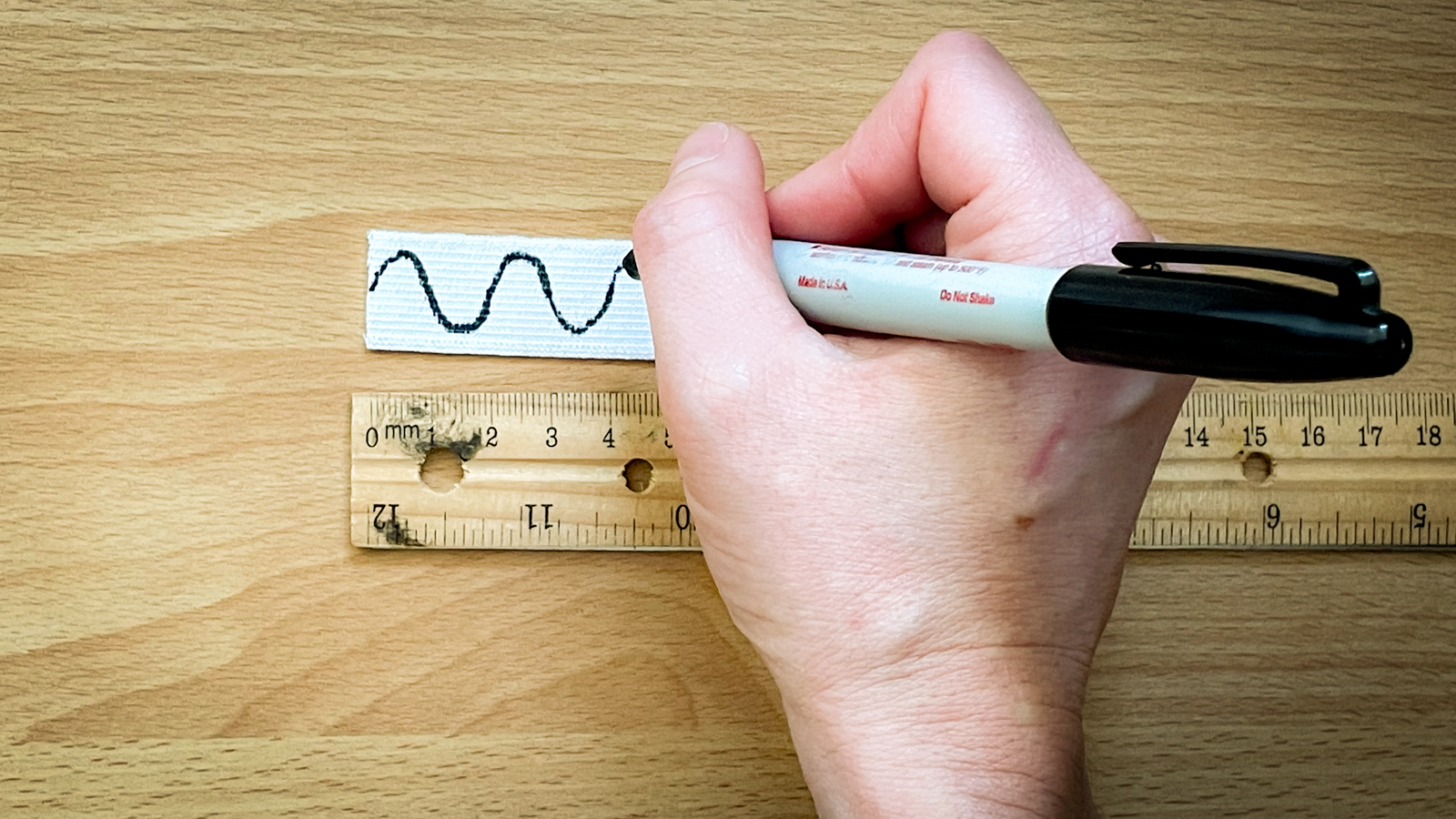Prepare to dive into the enchanting world of animal eyes where beauty meets function! Today, we’ll showcase some of the most breathtaking and extraordinary eyes in the animal kingdom that are bound to leave you mesmerized.

1. Chameleon Eyes: These incredible creatures have the power to move their eyes independently. Imagine the ability to look in two directions at once! Their 360-degree vision means they can spot prey and predators without moving a muscle. Not only are they fascinating to watch, but their colorful, changing appearance is a beautiful sight to behold.

2. Crocodile Eyes: Crocodiles possess eyes that are expertly adapted for their life in water, allowing them to see clearly underwater and making them formidable hunters. Their incredible third eyelid not only protects their eyes while they glide through aquatic environments, but their distinctive slit pupils enhance their low-light vision. These ancient creatures’ eyes reveal a remarkable story of evolution and survival that has fascinated scientists for ages.

3. Cat Eyes: With their striking slitted pupils, cats are undoubtedly mesmerizing creatures. Their eyes are perfectly attuned for dim lighting, enabling them to excel as nocturnal hunters. The tapetum lucidum, a reflective layer located behind their retinas, amplifies their night vision while adding an air of mystery to their appearance, making it impossible to resist getting lost in those enchanting gazes.

4. Owl Eyes: Owls are iconic for their big, round eyes that seem to stare right into your soul. Their eyes are fixed in their sockets, which is why they have to turn their heads to see. This unique adaptation lets them spot prey from great distances, making them masterful hunters. Plus, the way their eyes catch the light gives them an eerie beauty, especially at night.

5. Jumping Spider Eyes: These minuscule marvels possess some of the most intricate eyes found in the animal kingdom. With eight eyes, they enjoy a vast field of vision that allows them to spot movement from nearly every angle. Their prominent central eyes provide exceptional depth perception, which is crucial for their agile hunting techniques. Plus, have you noticed how adorably they stare at you with those big eyes?

6. Tiger Eyes: Tigers have strikingly beautiful eyes that reflect their majestic status in the animal kingdom. Their eyes, which can range from amber to blue, are specially adapted for night hunting, allowing them to stalk prey in darkness. With their powerful gaze and the ability to see in color, tigers are as captivating as they are fearsome.

7. Butterfly Eyes: Butterfly eyes are stunning and unique due to their intricate patterns and colors. Their compound eyes provide a wide field of vision and the ability to detect ultraviolet light, which is invisible to humans. This adaptation helps them find nectar-rich flowers. Watching them flutter around is like witnessing a living work of art!

8. Peacock Eyes: The male peacock’s tail feathers, adorned with eye-catching iridescent patterns, are not just for show. The eyespots play a crucial role in courtship displays, helping attract females. When they fan out their feathers, it’s a beautiful spectacle that highlights the stunning colors and designs of their eyes. These magnificent displays are a symbol of beauty in nature.

9. Fly Eyes: Flies have two large compound eyes that are nearly as big as their bodies. These extraordinary eyes allow them to detect rapid movements, making it hard to catch them. With their unique ability to see ultraviolet light, they also navigate the world in a way that is entirely different from ours. Watching them is a reminder of how diverse animal adaptations can be!

10. Octopus Eyes: Octopuses have fascinating eyes that are surprisingly similar to human eyes. Unlike many creatures, their pupils are rectangular, giving them exceptional vision underwater. They can also perceive color and have excellent depth perception. Their ability to blend into their surroundings is legendary, and their eyes are a reflection of their intelligence and adaptability.

From the chameleon’s ability to see in two directions to the tiger’s powerful gaze, the diversity of animal eyes is truly astounding. Stay tuned for the next section, where we will delve into the importance of eye health and the fascinating facts behind how our vision works!
11. What Does Having Eye Power Mean? Eye power is a term used to describe the shape of your eye and how well it can focus light on the retina. If your eye shape is not optimal, you may need lenses, either spectacles or contact lenses, to help your vision. The power of the eye can vary and is classified into plus numbers for hyperopia, minus numbers for myopia, and cylindrical numbers for astigmatism.

12. What Does Negative Eye Power Mean? Negative eye power indicates that you require a minus-powered lens to focus light correctly on the retina. This condition is known as myopia, commonly referred to as nearsightedness. People with myopia often struggle with seeing distant objects clearly, making it a frequent topic of discussion.

13. What Does Positive Eye Power Mean? Like negative eye power, positive eye power requires a plus-powered lens to help focus light on the retina. This condition, known as hypermetropia or farsightedness, affects how well you can see nearby objects. If left unnoticed in young children, it might lead to amblyopia, commonly known as lazy eye.

14. What Does Cylindrical Power Mean? Cylindrical power occurs when the cornea is shaped more like an oblong rugby ball instead of a perfect sphere. This unique shape causes light rays to focus differently based on their orientation, necessitating the use of a cylindrical lens for correction to ensure clear vision.

15. What Does Spherical Number in the Eye Mean? Spherical power refers to the inability of light rays to focus correctly on the retina, either falling short or exceeding this point. This can occur in both myopia and hyperopia, where the shape of the cornea is normal, but the focus is off. Understanding spherical power can help you appreciate the mechanics of your vision and the importance of regular eye exams!

16. What Does 6/6 Mean? The notation 6/6 signifies perfect vision, measured at a distance of 6 meters. It indicates that you can see what a person with normal vision can see from that distance. The denominator changes when assessing various levels of vision, such as 6/9 or 6/12, providing useful metrics during eye tests. This system is an easy way to understand how well you are seeing compared to the average!
17. My Eye Doctor Prescribed Me Powered Glasses. What Does It Mean? When your eye doctor prescribes powered glasses, it means that your vision requires corrective lenses—either negative or positive—based on your eye power. These lenses are designed to help you see better by compensating for the specific shape of your eyes. It’s fascinating to think that something as simple as a pair of glasses can completely transform your visual experience!

18. Specific Eye Power Queries: Many individuals have inquiries about specific values like 0.25, 0.5, or even -2 in terms of eye power. These numbers indicate the lens strength necessary for clear sight. Generally, lower values suggest minimal visual impairment, providing individuals the choice to wear glasses or not. It’s empowering to understand that your vision doesn’t have to dictate your daily life experience!

By grasping the concept of eye power, you can profoundly influence your approach to vision care. Gaining insight into what these different eye powers signify equips you to maintain optimal eye health and fully embrace the beauty of the world around you. Remember, a bit of knowledge can greatly contribute to safeguarding your precious eyesight!
Related posts:
All Eye Powers Explained ( Cylinder , Spherical and more )
New Year’s Eve at Home
New Year’s Eve drops: 10 fun and festive ways to ring in 2024






